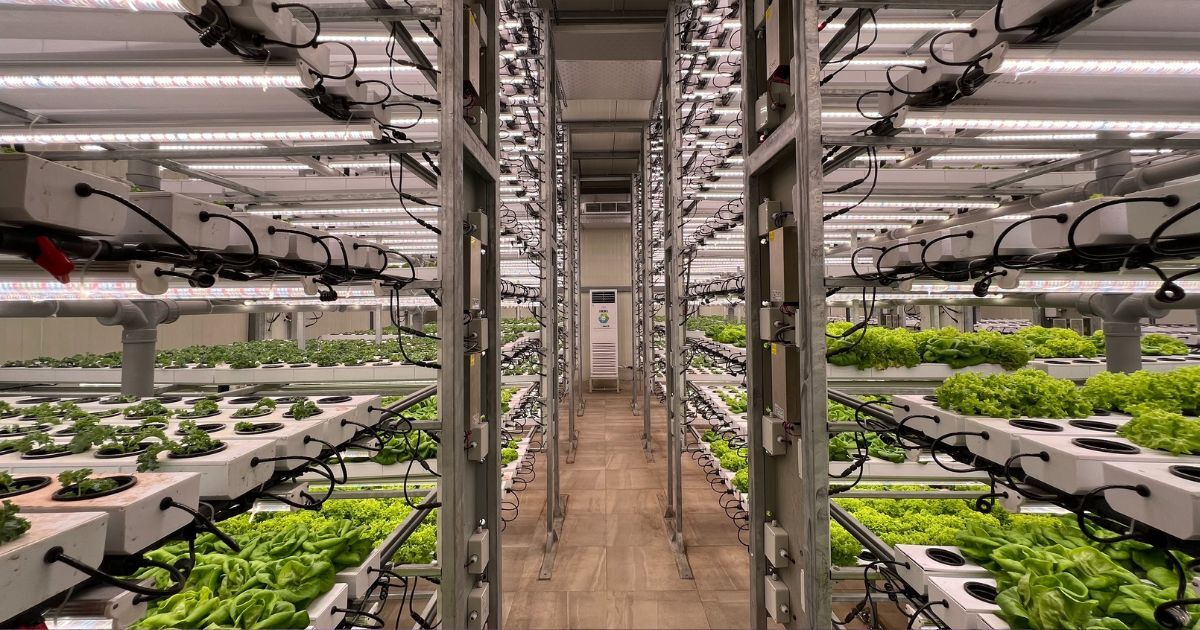
Didier Haillot is as interested in knowledge enhancement as he is in industrial applications. A young professor-researcher from the University of Pau—and now part of the team in the Department of Mechanical Engineering at ÉTS—Professor Haillot claims to be just as comfortable in a lab developing composite materials or on his computer using digital modelling tools, as he is outdoors in Kuujjuaq for example, fine-tuning a thermal storage system in community greenhouses that make it possible to grow vegetables right in the heart of Nunavik … to the tune of one tonne of vegetables, fruits and herbs a year!
He brings a wealth of knowledge and experience to ÉTS, in research areas related to the development of materials and processes for energy efficiency in buildings and industries. Thermal energy storage has been his main research activity to date, and he is also interested in gas hydrate characterization. These days, modelling and analyzing complex energy systems is one of the most important aspects of his research.
Academic and Professional Background
With a bachelor and master’s degree in physics-chemistry, this generalist focused his subsequent training on energy systems engineering. After specializing in solar energy and earning a PhD in process engineering from the University of Perpignan, Haillot pursued postdoctoral studies at the German Aerospace Center, working with the thermal technology team at the Institute of Engineering Thermodynamics in Stuttgart.
His research was paired at an early stage with an industrial partner, and in doing so, his PhD thesis was funded by the French company Saunier Duval, a member of the Vaillant industrial group. His project combined personal experience—production and testing of a prototype—with digital modelling to improve solar thermal systems by adding high energy composites providing both thermal storage and solar flux absorber functions.

After a foray into industry with start-up Sophia Antipolis Énergie Développement—bought in 2013 by Viessmann—specialized in the development of innovative solar thermal fields and where he was in charge of the R&D cluster, Haillot felt the need to strike a balance between his research activities and his teaching activities. He joined academia in the fall of 2011 as a lecturer at the University of Pau, before recently coming to ÉTS. It should be noted that he has been an associate professor at our institution since 2015, due to his collaboration on a research project.
Projects

At ÉTS, Professor Haillot wants to focus his research on adaptive thermal energy storage, comprising three major interests—mitigating intermittency in renewable energy sources, levelling consumption peaks, and ensuring the reliable operation of installations in buildings or “critical” processes. He has identified a few potential case studies—solar thermodynamic, Carnot battery—that could pave the way for new collaborations, to which he is looking forward with great enthusiasm.
Haillot will continue participating in an energy management project for a greenhouse set in a Nordic climate, by monitoring a thermal storage system implemented in 2018 in Kuujjuaq, Nunavik, and by developing digital tools to study its performance.
He is also keenly interested in the energy component of urban agriculture, and intends to implement several transdisciplinary collaborative projects in this field, connecting physical sciences, agronomy, social sciences and architecture. Masters and PhD candidates interested in these topics are encouraged to apply!


